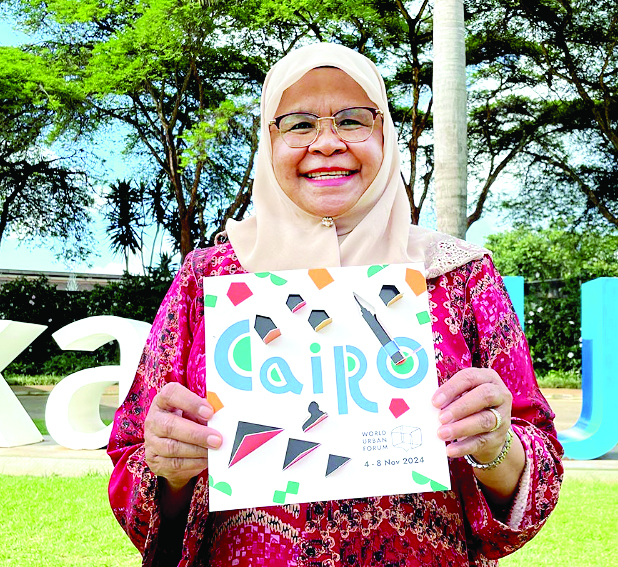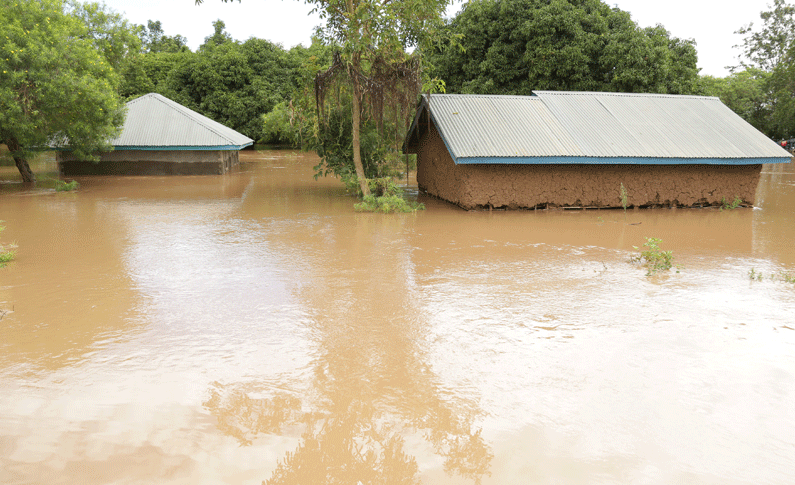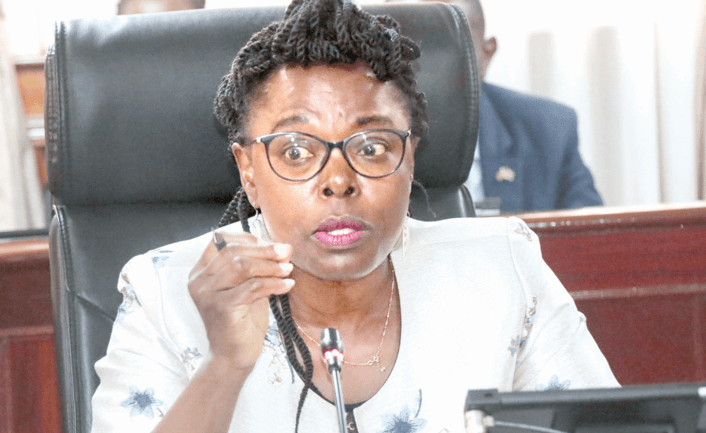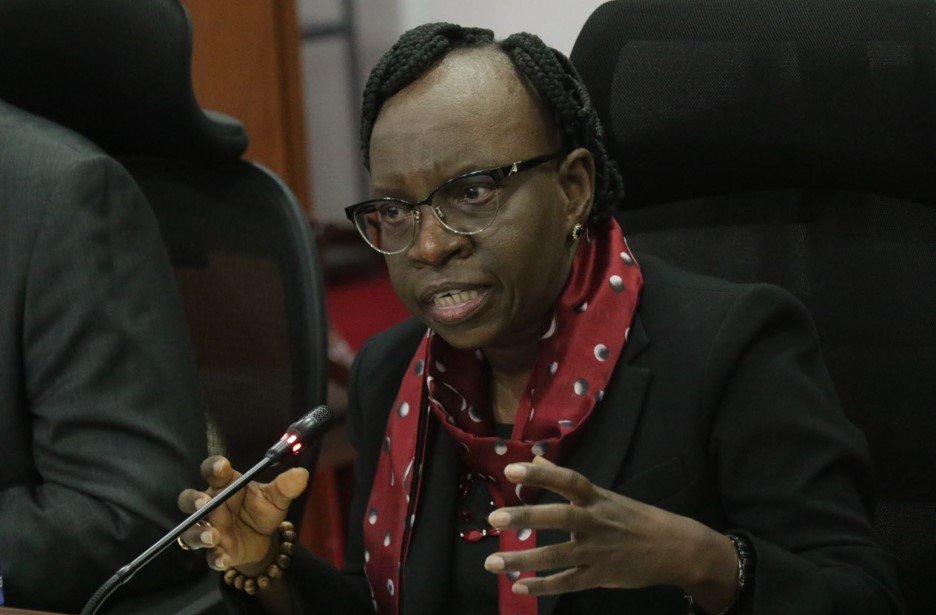Smart housing to feature at World Urban Forum

Early next month, the world will converge in Cairo, Egypt to brainstorm on how to provide adequate climate-smart housing to the needy urban population estimated to be 2.8 billion globally.
A total of 1.1 billion people live in slums and informal settlements across the world, and an estimated 318 million are homeless.
Housing inadequacy, experts say, is closely linked with increased costs of living and urban inequality, which are impacting cities in both high- and low-income countries.
They argue that lack of access to adequate housing affects particular groups more severely, such as women, children and youth, persons with disabilities, older persons, migrants and displaced people, and other marginalised populations.
During the 12th session of the World Urban Forum (WUF12) in Cairo that runs from 4 to 8 November, delegates will be assessing policies and mechanisms that the countries that can adopt the most vulnerable and marginalised are prioritised in terms of access to housing.
Cost of housing
“Considering the pressing issues that affect our daily lives: the availability and cost of housing, the ease of commuting, the air we breathe, the safety of our water supply, access to safe public spaces, the impacts of climate change, as well as urban crises and conflicts. These are not trivial matters; they are central to humanity’s shared urban existence and how 4.4 billion people live, work and find happiness across cities and communities,” UN-Habitat said.
The agency said that placing housing at the centre of local actions will have far-reaching impacts in achieving other development goals and expanding other rights, such as access to basic services, health and education.
UH-Habitat further noted that In this light, creating new mechanisms to empower the most marginalised urban populations are critical for sustainable, affordable, inclusive and resilient urbanisation.
“It is crucial that solutions to housing inadequacy do not exacerbate other urban problems such as traffic congestion, water scarcity, inequality, carbon emissions and more. Further, these solutions should not exclude marginalised community interests or opinions, as so commonly happens with rapid urban development,” the United Nations body said.
According to the UN body urban areas are central to tackling both the drivers and impacts of climate change, which are posing existential threat to the world.
By 2050, data show, a 2°C rise in global temperatures, combined with carbon-intensive urban expansion, is expected to place 2.7 billion people, predominantly in urban settings, at moderate or high risk of climate-related impacts.
Additionally, the global urban population facing water scarcity is projected to be 1.7–2.4 billion people by 2050.
“Within cities, the effects of climate change are not felt equally, as poor and marginalised communities are particularly exposed to climate disasters, health risks, food insecurity and water scarcity,” the agency emphasized.
Address climate change
The agency noted that localizing climate action in cities around the world is urgent adding that cities and communities must be at the forefront of addressing climate change.
“They (urban dwellers) are uniquely positioned to take action to increase resilience against the effects of climate change, reduce greenhouse gas emissions, combat water scarcity and ensure environmental justice. Cities are tapping into indigenous knowledge and nature-based solutions, addressing issues such as urban-rural linkages, food production, biodiversity preservation and more,” UN advised.
In Cairo, the experts will therefore examine how cities and communities can identify and scale up successful, locally-led actions, innovations and solutions for climate change adaptation and mitigation.
The debate will also be dominated by calls for stronger global financing for local climate action through better targeting of local and regional governments.
“This dialogue examines how building urban resilience and sustainability in the face of climate change must start at home through local action. It will explore concrete strategies and successful models for adapting to climate change, reducing carbon emissions, encouraging green construction, and developing effective systems for waste management, water conservation and energy efficiency, among others,” the agency added.
WUF12 returns to Africa for the first time in more than 20 years since its inception in Nairobi in 2002.
The 11th session was held in Poland in July 2022 where governments were urged to step up the delivery of sustainable urbanization in the wake of multiple crises confronting world cities.
“The climate emergency, pandemics, the housing crisis, violence and conflict, all converge in cities. If we want to transform to a better urban future, we will have to increasingly deal with urban crises. We have no excuse not to be prepared,”UN-Habitat Executive Director Maimunah Mohd Sharif said during the closing ceremony.
Sharif warned that time was running towards the implementation of the New Urban Agenda embedded in the åSustainable Development Goal targets of 2030.








